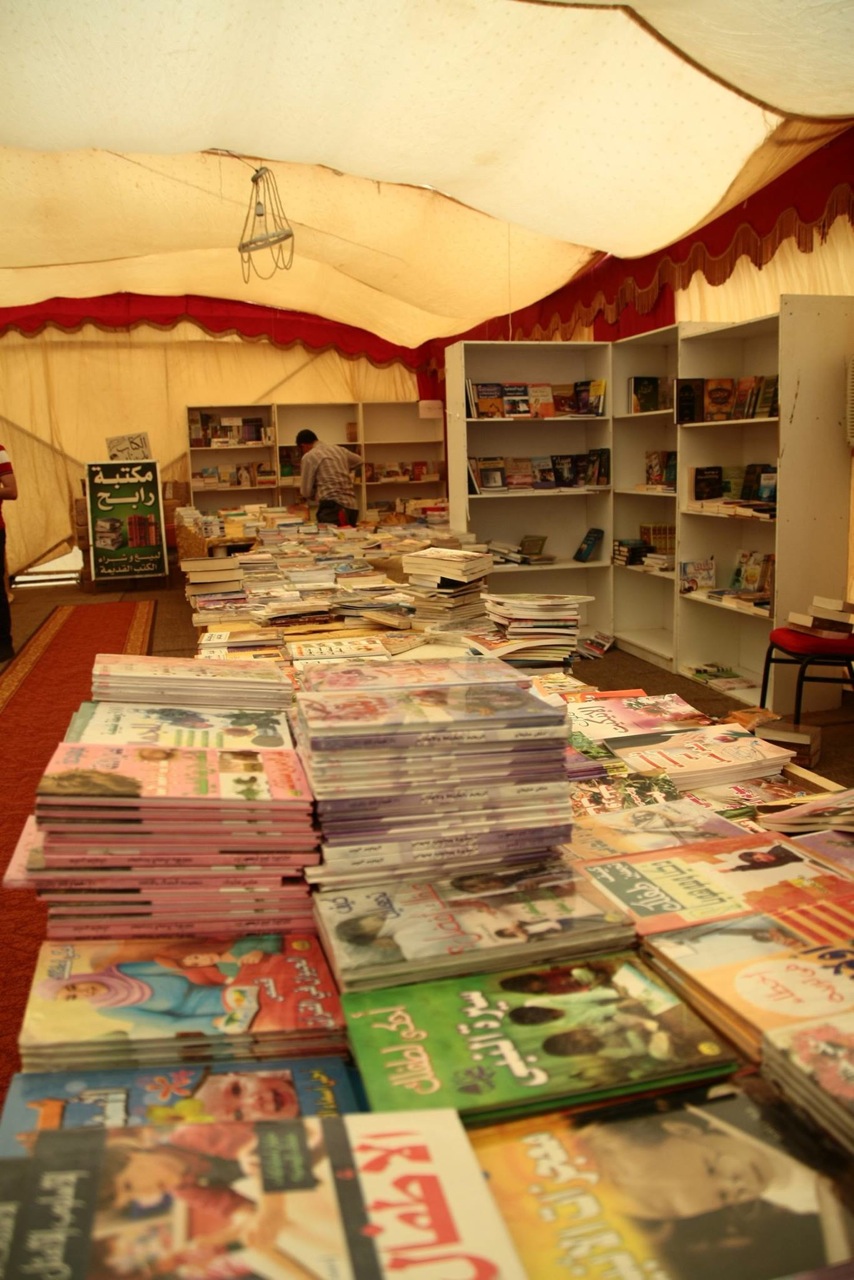By Jamel Adel.
Tripoli, 26 April 2013:
Elections to the Constitutional Assembly are being re-run today by the High National Elections . . .[restrict]Commission (HNEC) in Murzuk and the Tebu areas of Kufra.
Elections in both areas, which account for five seats, were prevented from occurring on the main polling day, 20 February, as a result of a Tebu boycott of the poll over the “Consensus Principle”. This is that at least two-thirds of the entire 60-member assembly including all six official Tebu, Tuareg and Amazigh members would have to agree to proposals in the draft constitution on the name of the Libyan state, its identity, flag, national anthem and languages.
Following the declaration of the boycott by the National Tebu Assembly (NTA) on 17 February, Tebus prevented election material reaching voting stations 20 February.
Of the five seats being contested today, three are general list seats and the others are the two ethnic minority seats reserved for the Tebus, in the the Murzuk and Kufra areas.
“The polling centre opened this morning in voting centres in Murzuk at 8 am, and there has been a relatively good turnout so far,” the local HNEC Media Coordinator in Murzuq, Ibraheem Kouri Seedi, told the Libya Herald. “We expect an increase in voters in the afternoon.”
On 23 March, the General National Congress (GNC) authorised HNEC to re-run elections in those places where they had been prevented from occurring on 20 February as a result of boycotts, violence and the threat of violence. Twelve seats were affected, not just in Murzuk and Kufra but also in Obari, Derna and Tocra as well as the two reserved for the Amazigh in Zuwara and the Jebel Nafusa.
According to Abubakr Whamer from HNEC, it is not yet possible to re-run the elections in the other places. “They are still postponed in Derna, Tokra and Obari because the security situation is not stable,” he said.
However, he hoped that elections might be possible next Saturday.
Polling in the two Amazigh seats, however, remains a distant prospect with the Amazigh boycott still firm.
The Tebus decided stop their boycott earlier this month.
“We had made a meetings with the Tebu elders, civil societies, constitutional experts, and eventually we decided to go for the constitutional elections,” NTA chairman Adem Rami Karki told this newspaper.
The Tuareg remain divided over boycotting the process. One of the two reserved member was elected on 20 February in Ghadames. The election of the other in Obari other was prevented by the threats of violence.
Some Tuareg want the election to now go ahead, others do not.
“We are still boycotting the constitutional elections, because we are not fully satisfied by the GNC draft of the Consensus Principal,” said Supreme Tuareg Council member Jaber Fikri.
Those Tuareg in favour of the vote accuse those against of not coming from Libya and of being manipulated by the Amazigh in their pursuit of Libyan National ID numbers. “They follow the Amazigh and think they will get their rights from them,” a Tuareg community leader from Ghadames told the Libya Herald earlier this month.
[/restrict]










